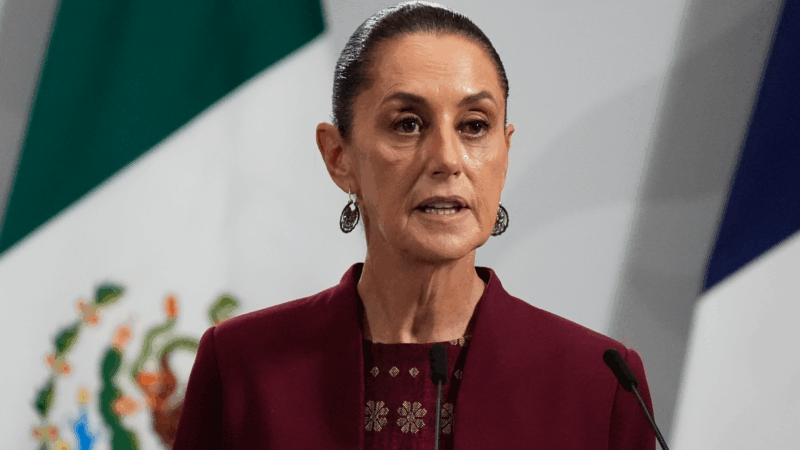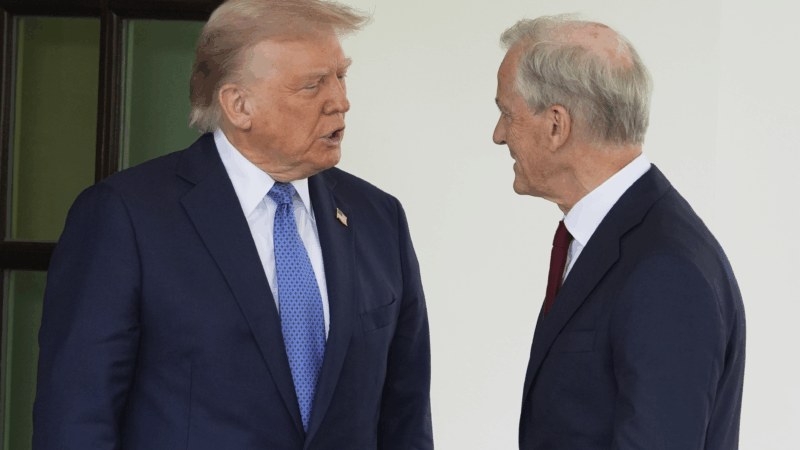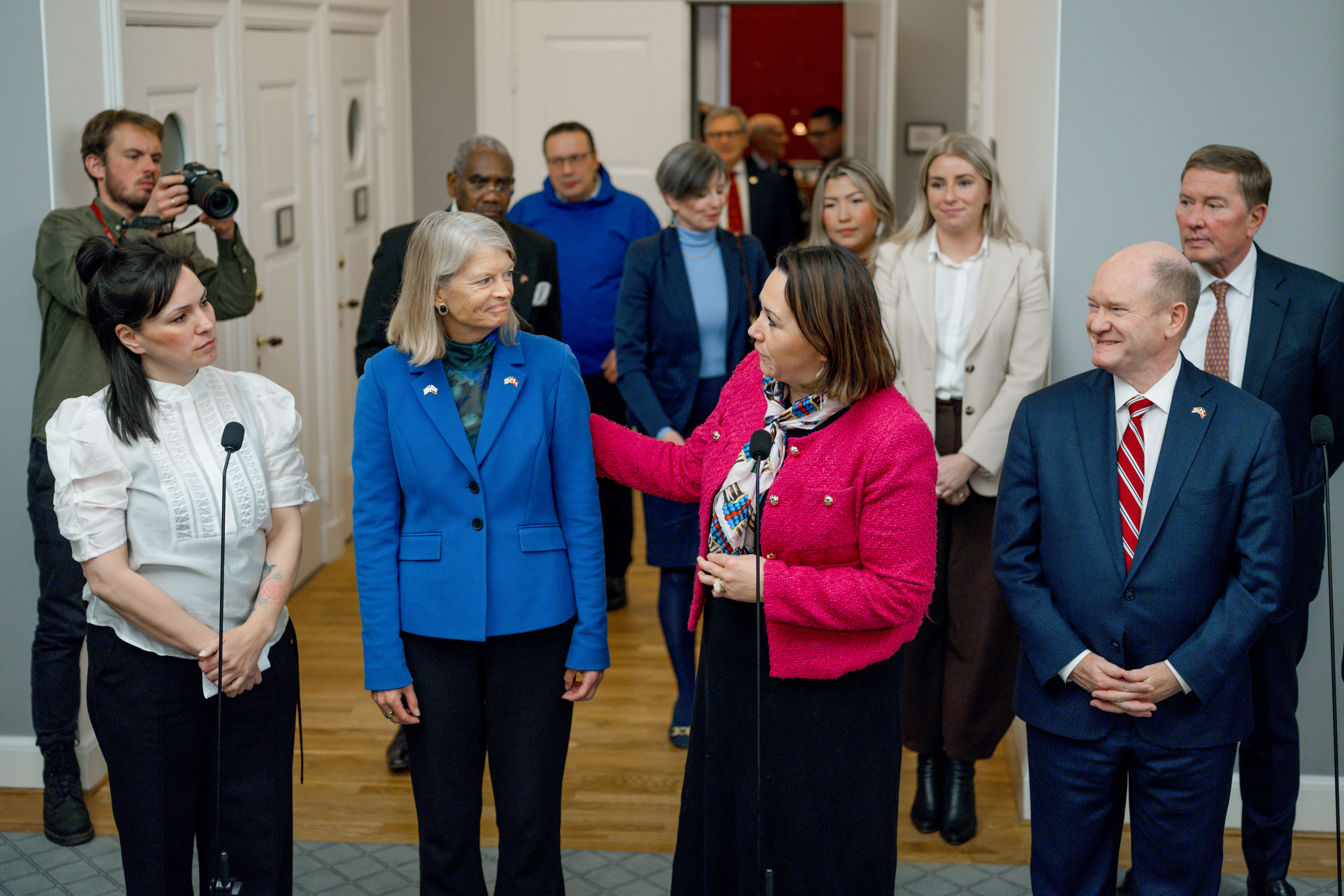Why VA mental health workers feel Elon Musk’s emails are psychological warfare
Elon Musk has called his “What did you do last week?” emails to the entire federal workforce “pulse check” reviews.
“Do you have a pulse and two neurons?” he said to laughter at a White House Cabinet meeting last week.
Some mental health professionals with the Veterans Health Administration do not find it funny. They liken the email campaign to psychological warfare: a blitz attack, with each email hitting like a flash-bang grenade aimed at discombobulating the federal workforce.
“Many of us feel like we are being bullied to justify our existence and worth,” said one licensed clinical psychologist, who noted that the VA has long tracked everything she does — how many people she sees, how many phone calls she makes, what time those appointments start and end, what topics they discuss and even what handouts or homework she provides.
With the weekend approaching, many federal workers are wondering whether another “What did you do last week?” email will soon hit their inboxes, reminding them to send in five bullet points of what they accomplished by Monday.
The White House did not immediately respond to a request for comment on federal employees’ reactions to the emails — or whether another one would be sent this weekend.
The mental health professionals who spoke with NPR about their stress asked to remain anonymous out of fear of retaliation by the government.
No choice but to respond
Musk’s demand for a weekly accounting of accomplishments, sent from an Office of Personnel Management (OPM) email address during off-hours, has roiled federal workers across the government. And yet, because the VA has instructed its employees to respond, the mental health workers who spoke to NPR feel they cannot ignore the ask.
On social media, Musk suggested employees could lose their jobs if they failed to respond. At his Cabinet meeting, President Trump said those who don’t respond “are on the bubble, as they say.”
Without citing evidence, Trump and Musk suggested that there may be people collecting government paychecks who have moved on to other jobs or may even be dead.
“We’re just literally trying to figure out are these people real, are they alive and can they write an email,” said Musk.
But the stress brought on by the emails — on top of all the other disruptions hitting the federal workforce, including notifications of mass layoffs ahead — is taking a toll, the psychologist said.
“I have to keep it together and placate OPM emails, or get terminated, while also answering veterans’ concerns about whether I will be there for them the next week or month,” she said. “Instead of being able to do good work to address their depression, PTSD, sexual trauma, combat trauma, etc., I have to spend time calming their nerves.”
Paranoia in the workplace out of fear of being monitored
A psychiatrist from a different veterans health facility says she was in a parking lot at Costco when she saw the first “What did you do last week?” email, which was sent on a Saturday when she was off work and trying to relax with her family.
“As someone who specializes in mental health, I can say with confidence that this weekend emailing is meant to psychologically upset federal workers,” she told NPR.
And it’s working.
“I am anxious and irritable at home,” she said. “I find myself doomscrolling for the first time ever, which is negatively impacting my mental health and something I tell my veterans to not do.”
The psychiatrist also describes a paranoia that has set in at work. Colleagues are careful about what they say in online messages and at meetings, out of fear that they are being monitored by Musk and his Department of Government Efficiency, she said.
She assumes that all the responses to the “What did you do last week?” email are being analyzed using artificial intelligence, but doesn’t know to what end.
“I truly believe this is a nefarious process,” she said.
Amy Edmondson, a professor and social psychologist at Harvard Business School, understands where that suspicion is coming from.
Normally, an employer doesn’t reach out to a worker on their day off unless it’s a real emergency, she says. In the context of the Trump administration’s broad push to shrink the federal workforce, a seemingly simple request to list five accomplishments from the prior week could be worrisome at best and distressing at worst.
“You don’t know what’s underneath it,” explains Edmondson. “What does the sender really want? Who’s it for? How will it help?”
A call to duty
This week, the Department of Veterans Affairs laid the initial groundwork for mass layoffs as part of the Trump administration’s efforts to “eliminate waste, reduce management and bureaucracy, reduce footprint, and increase workforce efficiency,” with an initial goal of cutting more than 80,000 positions across the department, according to a VA memo shared by the American Federation of Government Employees.
The mental health professionals who spoke with NPR do not know whether they will be affected. While they have thought about jobs outside the government, they love their work and don’t want to leave the veterans they’ve been helping behind.
“In the private sector, I could be working with ‘easier’ or less complicated patients,” the psychologist said. “The reality is that those of us that opt to come to work for the VA do so because of our call to duty to serve those that served us.”
Have information you want to share about ongoing changes across the federal government? NPR’s Andrea Hsu can be contacted through encrypted communications on Signal at andreahsu.08.
Top U.S. archbishops denounce American foreign policy
The three most-senior cardinals leading U.S. archdioceses issued the rebuke in a joint statement on Monday, saying recent policies have thrown America's "morale role in confronting evil" into question.
Italian fashion designer Valentino dies at 93
Garavani built one of the most recognizable luxury brands in the world. His clients included royalty, Hollywood stars, and first ladies.
Sheinbaum reassures Mexico after US military movements spark concern
Mexican President Claudia Sheinbaum quelled concerns on Monday about two recent movements of the U.S. military in the vicinity of Mexico that have the country on edge since the attack on Venezuela.
Trump says he’s pursuing Greenland after perceived Nobel Peace Prize snub
"Considering your Country decided not to give me the Nobel Peace Prize… I no longer feel an obligation to think purely of Peace," Trump wrote in a message to the Norwegian Prime Minister.
U.S. lawmakers wrap reassurance tour in Denmark as tensions around Greenland grow
A bipartisan congressional delegation traveled to Denmark to try to deescalate rising tensions. Just as they were finishing, President Trump announced new tariffs on the country until it agrees to his plan of acquiring Greenland.
Can exercise and anti-inflammatories fend off aging? A study aims to find out
New research is underway to test whether a combination of high-intensity interval training and generic medicines can slow down aging and fend off age-related diseases. Here's how it might work.








